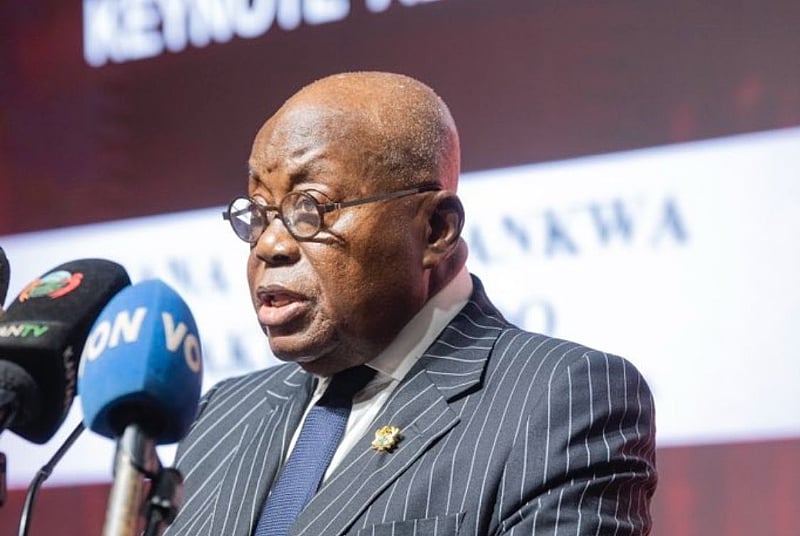Former President Nana Addo Dankwa Akufo-Addo, has acknowledged that the protests that took place under his administration played a part in the public’s increasing disenchantment with his administration.
Speaking at the book launch of a book written by General Ibrahim Babangida, the former military president of Nigeria, Akufo-Addo considered the economic difficulties that led to protests and increased discontent.
“We faced a major economic crisis and with the world’s capital markets closed to us, we ended up going to the IMF. Not an easy decision to make. The economic difficulties brought people onto the streets,” the former President said.
He admitted that the protests had an effect on the public perception of his administration even if they were not as severe as the notorious Structural Adjustment Programme (SAP) riots that are discussed in the book.
“I will say that even though the demonstrations were not on the scale of the Structural Adjustment Programme riots that are recalled and described in the book, they were serious enough, feeding into the growing disaffection against the government,” he added.
During the economic quagmire in 2022, Akufo-Addo’s administration came under intense criticism, pushing many Ghanaians took to the streets to express their frustration over rising unemployment, and soaring inflation.
Some of the most notable protests included Kume Preko Reloaded led by Lawyer Martin Kpebu, the Arise Ghana demonstrations, and the infamous OccupyJulorBiHouse protest, which led to the arrest of several demonstrators.
These protests, though yet to be acknowledged by the now-opposition party, contributed to their defeat in the 2024 elections by a margin of 1.7 million votes, leaving them with just 88 Members of Parliament—a significant drop from their previous 137 seats.


